Though Tokyo boasts the highest number of non-Japanese transplants, the award for history and culture surely goes to the Kansai region. From ancient temples in Nara, to the sprawling vistas of Kobe. These 8 schools you can learn the Japanese while exploring its rich history in the heart of Japan.
Aim Nara International Academy
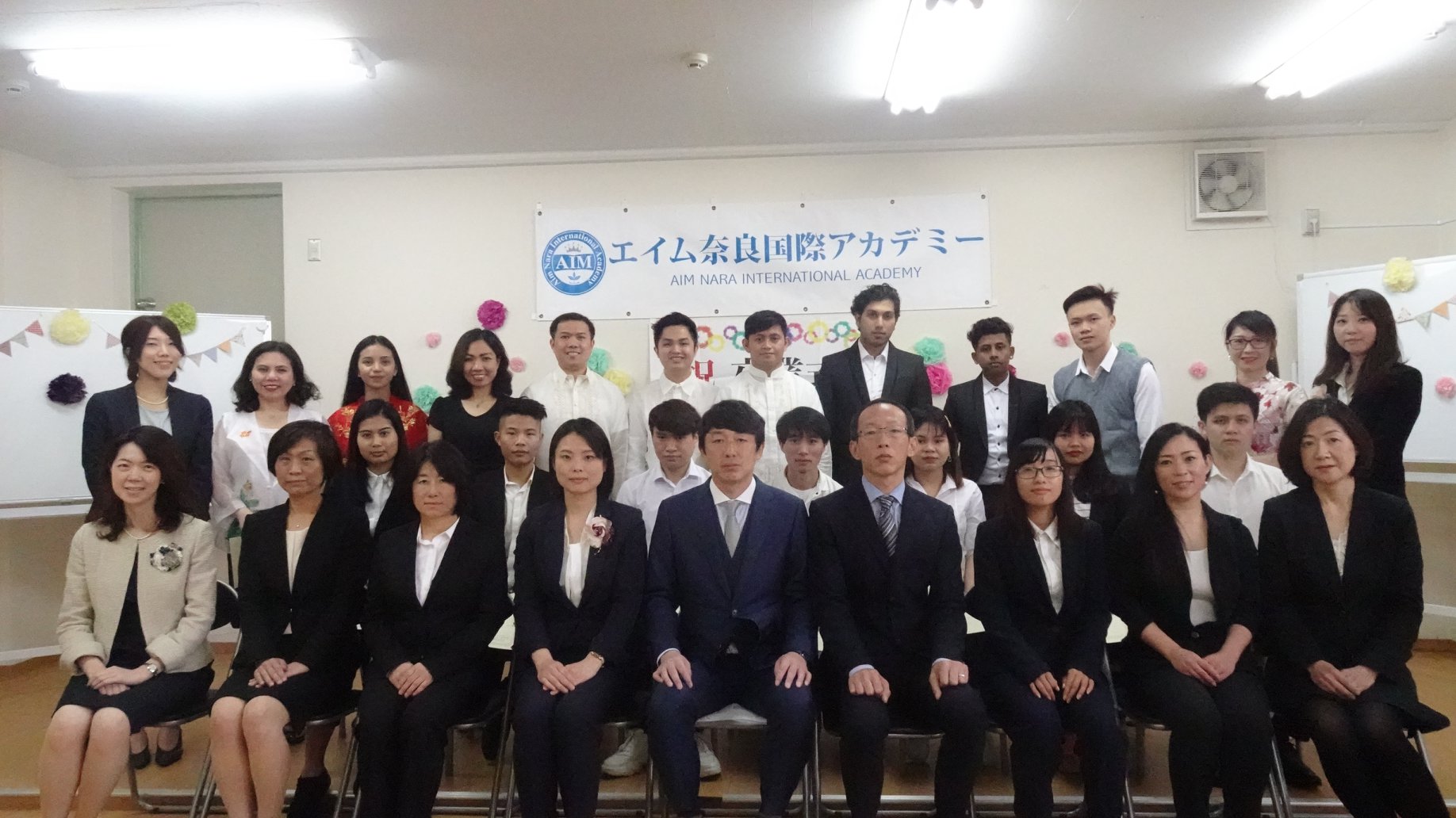
Description
In ancient times Nara was the center of Japanese politics and culture. It remains a charming historical city visited by many people every year. All the faculty and staff of Aim Nara International Academy will do their utmost to support students, so that they can learn Japanese to their heart’s content here in Nara. Let’s enjoy our time together learning Japanese and getting in touch with Japanese culture and customs.
Features
Our responsibilities are not only limited to the academic advancement of our students. We also support our students outside the classroom, helping students find housing, part-time jobs, and with any other problems that might arise. We can even assist students Interested in higher education, and careers in Japan.
Curriculum
An entrance examination will be conducted at the time of admission to confirm the learner’s Japanese proficiency. Students take regular exams to help them determine how much their academic ability has improved and what areas to focus on.
Courses
Aim Nara International Academy offers 18 month and 2 year courses. Your choice of class may vary depending on your goals. Each course covers various topics, including grammar, reading, conversation, composition, vocabulary, Japanese affairs, test preparation, and more.
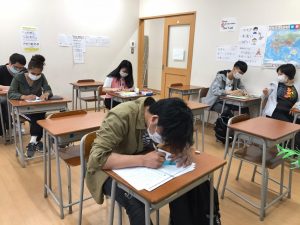
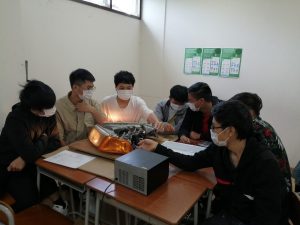
Aim Nara International Academy
Address: 155-2 Shingacho, Kashihara, Nara
Tel: 0744-33-9271
Contact: info@aim-nara.ac
Osaka YMCA Gakuin Japanese Language School
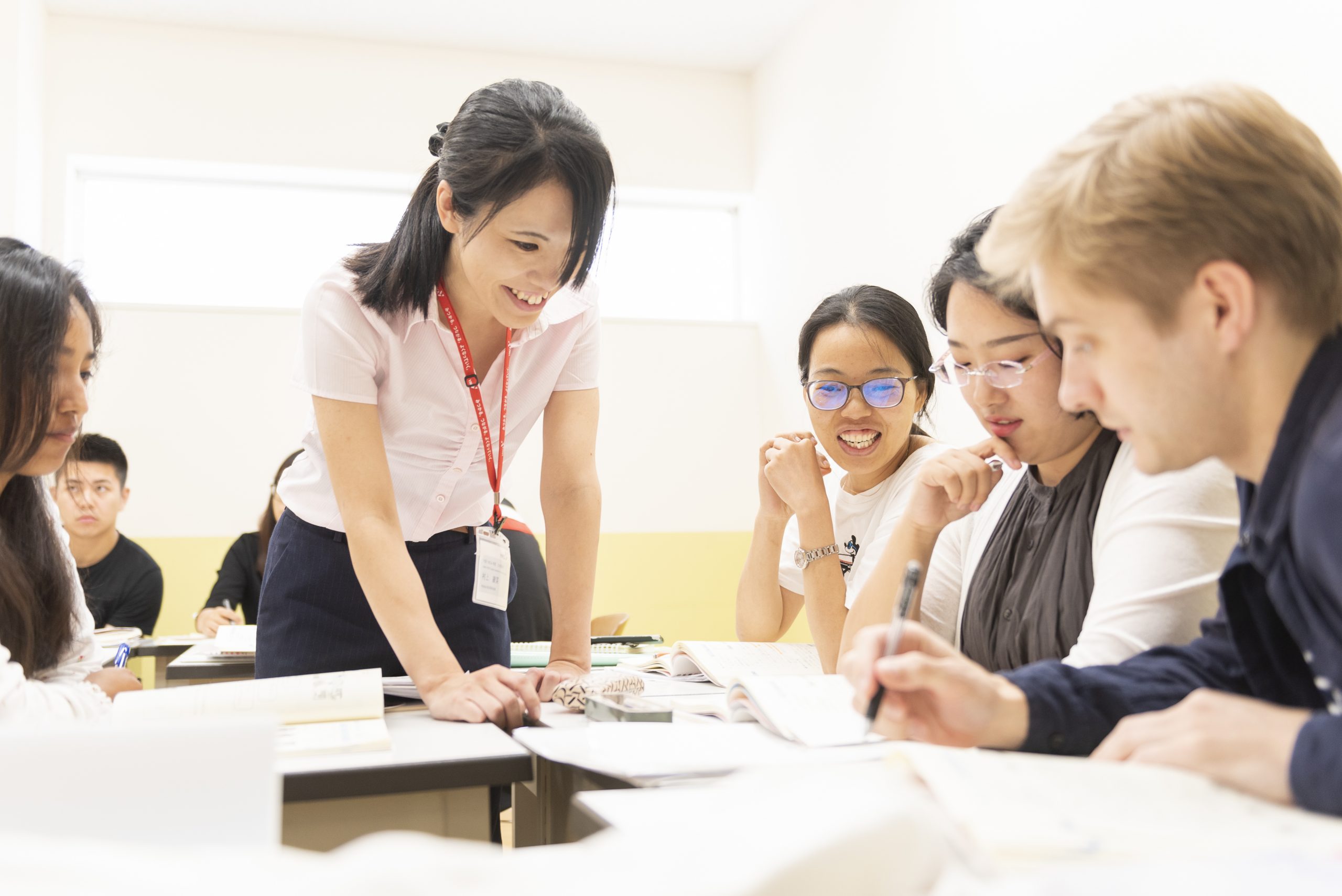 Description
Description
To leverage language skills to make efforts for international work.
To interact with Japanese people and experience Japanese culture so as to expand your world.
These are educational goals of Osaka YMCA Japanese school. To achieve such goals, the improvement of Japanese proficiency is indispensable and it is necessary to flexibly adapt to new experiences and be open to others. Japanese language programs at the Osaka YMCA provide support, including necessary and adequate learning curricula, diverse courses to see improvement, professional lecturers with abundant abilities and experience, high-quality classes and teaching material development, the newest facilities, as well as opportunities for students to interact with the people of Japan and the world and understand each other. In addition, we provide appropriate guidance according to each situation for individual students in learning and life.
Features
The Osaka YMCA started Japanese teaching in 1969 and provided Japanese educational opportunities for 50 years.
We cultivate Japanese language abilities that will support active roles in specialized fields, Japanese society and the international scene, while nurture minds to be open to all the people of the world. Discovering new abilities will make students’ future and possibilities clearly visible.
We provides more opportunities to join volunteer activity than usual Japanese schools. At our school, various activities are conducted by volunteers who are eager to fulfill their desires such as interacting with International students, experiencing international/ and cultural exchanges in Osaka or putting to use a particular talent or hobby. Also we have programs where students can meet local Japanese students. Not only studying Japanese, but students will get valuable experience through our volunteer activity.
Curriculum
Practical Japanese course
Basics Classes: Students learn the basics of Japanese using primary teaching materials. This is to develop fundamental abilities before moving on to levels where students can put such abilities into practice.
Novice to intermediate-advanced: Students will improves four fundamental skills: of listening, speaking, reading, and writing. It will become clear which kind of skill students are trying to improve, and consequently they can enhance their Japanese skills more efficiently.
Advanced to top-level: One of the great features of advanced to top-level class is selective classes. There are three kinds of classes: business-focused, academic-focused, and culture-focused. Students will come to understand a wide range of knowledge and information in Japanese.
Comprehensive Japanese course
One of the most impressive points of the Comprehensive Japanese course is “Preparatory Education Curriculum.” This is a curriculum approved by the Ministry of Education and Science. In the case of countries where school education is less than 12 years, students will be eligible to apply for universities in Japan after completing our program. (in cases of more than 1 year of study and graduation in March).
Courses
Practical Japanese Course
The Practical Japanese Course is a course to train students in the ability to master the advanced Japanese necessary for business and life in Japan. Also, this course supports learning Japanese not only for those who want to live and work in Japan, but also for those whose purpose is short-term language training and those who wish to go to a Japanese vocational school. There are 10 levels from introductory to advanced and we can offer the educational opportunity for students of various level is.
Comprehensive Japanese Course
We provide the Comprehensive Japanese Course for people who wants to enter university or college in Japan. In this course, students can study the academic Japanese that is necessary for examinations and life at universities, colleges and graduate schools.


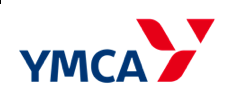 Osaka YMCA Gakuin Japanese Language School
Osaka YMCA Gakuin Japanese Language School
Practical Japanese Course
Comprehensive Japanese Course
Address: 9-52 Minamikawahori-cho, Tennoji-ku, Osaka-City
Tel: 06-6779-8364
Contact form
Kobe YMCA College Japanese Department
Description
KOBE YMCA, 60 years of Japanese language education
Kobe is a beautiful port city surrounded by mountains and the sea, with a population of about 1.5 million including many foreign residents from a wide variety of countries. The city is located in the Kansai Region, which is home to many famous universities and vocational schools, making it a perfect environment for pursuing an education. Kobe YMCA was the first institution in Hyogo Prefecture to start a Japanese language program, beginning in 1950. In 1955, it became the first YMCA in Japan to open a Japanese language school, and in 1983 the Kobe YMCA College Japanese Department was accredited in Hyogo Prefecture. The goal at YMCA is to aid in mutual understanding between people of different countries through the study of Japanese language and culture, and to assist in the education of people who want to live in a multi–cultural society.
Features
1. Acquire proficiency in natural Japanese
Students acquire proficiency in natural expressions of speaking Japanese for use in both normal communication and a variety of everyday situations, through oral and written practice starting at the introductory level.
2. Optional study based on individual goal
For College
Training for writing and making a speeches to acquire a logical way of thinking and expression skills. Providing training individually to prepare for entrance exams such as how to write a statement of purpose and practicing for interviews.
For Graduate school
Providing techniques for getting lab information and training for interviews or writing research plans to enter a graduate school.
For technical college
To prepare for practical trainings, practice taking notes while listening and working while communicating with each other.
For employment
Studying for a higher level of Japanese to acquire presentation skills that are required in business situations.
Kanji class
Students from countries that don’t use Kanji, learn in classes that matches their levels.
3. Small Class Sizes
Class sizes are limited to about 15 students. Individual instructors can focus on the needs of each student through regular interviews.
Curriculum
Beginners Level
You can talk about yourself or your daily life.
・You can express yourself, requests or feelings.
・You can write about your experience or what is going on in your daily life.
Beginners-Intermediate level
You can use Japanese without any problems in your school or daily life.
・You can understand necessary information by listening and reading.
・You can explain or summarize what you are interested in clearly.
Intermediate level
You will acquire Japanese comprehension ability necessary for entering a university.
・You can discuss current affairs in newspapers.
・You can produce a resume and make a presentation about a profession or theme you are interested in.
Advanced level
You will acquire Japanese comprehension ability with which you can function in any situation.
・You can volunteer and exchange your opinions about a range of topics with other people.
・You can understand the outline of what is said in a lecture and the contents of new publications.
Courses
1 year, 18 month and 2 year courses
By learning Japanese to achieve the target level of Japanese proficiency in each course through four skills of reading, writing, listening and speaking and doing optional study based on individual goals, students will have gained sufficient Japanese language proficiency to proceed to the next level of education or employment at the completion of each course.


Kobe YMCA College Japanese Department
Address: 2-7-11 Kano-cho, Chuo-ku, Kobe, Hyogo
Tel: 0780241-7204
Contact: info-japanese@kobeymca.org
KOBE NICHIGO JAPANESE ACADEMY
Description
Practice makes perfect in second language acquisition. In and out of the classroom, we train students to be active and focus on what they can do in Japanese. Language acquisition and cross-cultural communication is made possible after practicing communication for various purposes step by step. We want our students to play meaningful roles in society; to have good futures; to have mutual understanding and good relationships with people close to them at work or with their neighbors.
Dr. Yokoh, our school president and a professor emeritus of Kobe University, established KOBE NICHIGO JAPANESE ACADEMY after he had taught on team of international experts through ASEAN and JICA and given degrees to many international students in his doctorate courses in cross-cultural communications. Under his guidance many students became successful.
Like our president, our instructors are also experienced in teaching students and training instructors in universities. One of them was an international student herself and a university graduate in the United States. We are a legitimately approved and registered school of Japan’s Ministry of Justice.
Features
Located between Japan’s second biggest city of Osaka and the open harbor city of Kobe, international students can easily feel comfortable living here. The population is multi–cultural, but it is not overly crowded. For nature lovers, the sea, mountains, and rivers are nearby, enabling them to relax. The old capitals of Nara and Kyoto are both an hour away by train. The school is in a quiet residential area, and we offer fully furnished dormitories near the school at very reasonable prices. We can also introduce part-time jobs according to student desires and abilities.
Curriculum
Although we have different levels and areas of study in our curriculum, we encourage all students to participate in events like barbecues, cooking parties, speech presentations, a field trip to the old capital of Nara to interview tourists in Japanese or to have fun in an a trip to an amusement park like Universal Studio Japan. Before participation in each event, we prepare students to fully engage in the event, so each event become a meaningful learning experience. We encourage students to take proficiency examinations, but we do not make examinations the purpose of learning.
Courses
We carefully chose textbooks and learning styles for each course to most efficiently meet students’ needs. Whether they are kanji-learning, grammar understanding, capability of composition or speaking ability, we respect students’ autonomy and observe each student’s skill acquisition carefully. Taking students’ progress into consideration, our courses are flexible regarding the speed and content of classes. Students realize the high-quality lessons we offer as it shows in the result of their short-term goals; of getting a job in Japan; passing certain examinations; or getting into a next stage school; or just in their smile of being happy with their own progress.
Kobe Nichigo Japanese Academy
Address: 1-20-17 Minami-Tsukaguchi, Amagasaki, Hyogo
Tel: 080-1411-0476
Contact: info2-0921@kobe-nichigo.jp
EHLE Institute
Description
EHLE Institute was founded in 1967 as a cram school in Osaka. We use our experience and apply our methods to international students, supporting them to gain high Japanese skills and realize their dreams. The spirit of our school is strict but warm, and we always encourage students to be self-reliant and disciplined. At the same time, when students need help, we are always available. Every year, more than 100 of our graduates successfully entered top-tier Japanese schools, graduate schools, or find a job in Japan. Our achievement comes regardless of students’ nationality or cultural background, which is very abundant and diverse. Looking at these recent years, we’ve seen an Indonesian student enroll in the Tokushima University medical school, and a Vietnamese student employed by Senshu Ikeda Bank, Ltd., in addition to the many successful examples of Chinese or Korean students.
Features
We recognize the most important thing for international students is mastering Japanese, because they are going to learn new things in Japanese afterward. EHLE’s teaching materials consist of enhancing the skills of listening, speaking, writing and reading. Also, our teachers strongly encourage students to use Japanese and speak up, letting them integrate the just-learned knowledge into practical Japanese. In addition to daily practice, EHLE conducts pilot exams of EJU (IELTS’s Japanese version), JLPT and TOEFL every 6 months, enabling students to regularly review and analyze any weaknesses. EHLE’s EJU pilot exam is unique and well-known, because it is a public exam providing objective analysis, and other school’s students take it as well. Additionally, EHLE’s homeroom teacher, mentor, take good care of their students. With the tangible factors, we have teaching materials, pilot exams, and an integrated curriculum and intangible factors such as a mentor system (enthusiastic staff), EHLE is always ready to welcome students.
Curriculum
Regarding EHLE Institute’s courses, there are Long-term courses requiring a student visa and study at EHLE for longer than 6 months and 3-month short-term courses. In terms of curriculum, students are continuously improving Japanese, and while gradually starting to study their specialties. A typical day sees, students take Japanese classes, which are divided into 25 to 30 levels in the morning. Students then take several different subjects related to their specialties in the afternoon. To improve each student’s basic four skills of Japanese and prepare them well to pass JLPT N2 or N1, we have vocabulary, grammar, composition, and conversation classes, that are intended to strengthen their Japanese base. Additionally, we have supplemental, but higher level classes such as Japanese Essay Writing, Academic Communication (interview), or Business Japanese (job hunting), that focus on acquiring proficient Japanese to pass exams or interviews. Short-term courses are intensive and have integrated contents, there are Beginner Level (conversation-based Japanese) and Audit Long-term Course Level (N4-N1).
Courses
EHLE’s Long-term courses are divided into 4 areas that are preparatory courses for “Top, Prestigious Universities and National Universities” and “Graduate Schools, “General Preparatory Course” (learning only Japanese) and “Japanese Companies’ Employment Course.” To enter universities in Japan, students must not only have high Japanese ability, but also take EJU and TOEFL, therefore we teach students subjects such as math, chemistry, social studies, and english reading. To prepare for entering graduate schools, we strive for students to acquire higher Japanese ability, nearly N1, then assist them to write and edit their research proposal and practice interviews. Those who wish to find a job at a Japanese company, we have classes such as ““Corporate Research,” “Career Assisting Program,” “IT skills in business (WORD, EXCEL, POWERPOINT),” and so on. No matter what courses students are taking, EHLE’s Japanese teachers, each subject’s instructors, and mentors always offer full support through one-on-one consulting.


 EHLE Institute
EHLE Institute
Address: 3-13-1 Namba-naka, Naniwa-ku, Osaka city
Tel: 06-6647-0018
Contact: jls@ehle.ac.jp
KYOTO MINSAI JAPANESE LANGUAGE SCHOOL
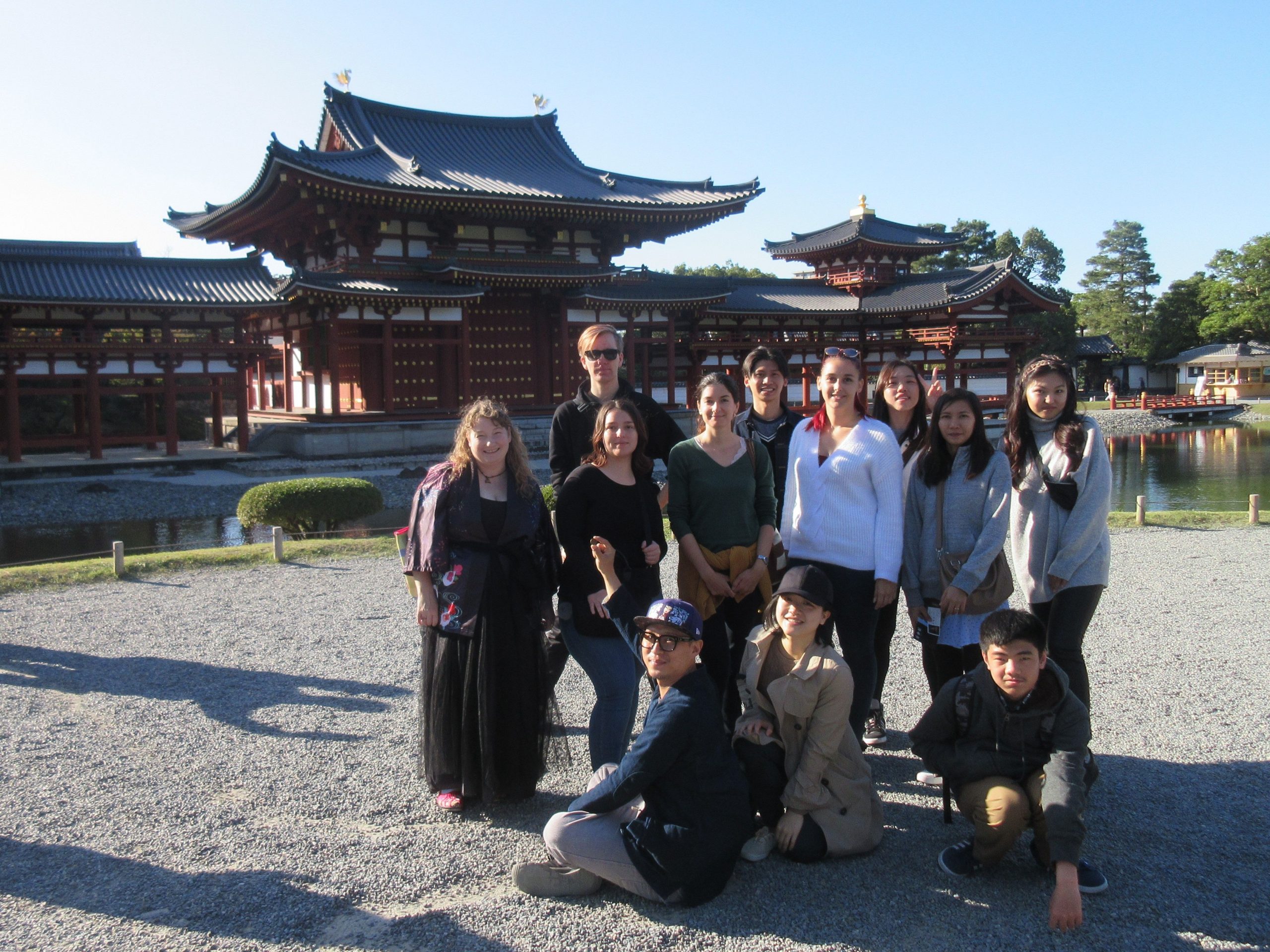 Description
Description
KYOTO MINSAI started in 2001 in Kyoto. We named our school “Minsai” with a hope that, through the education of Japanese language and culture, our students become global citizens who cherish interactions between people and are able to play an important role on a global stage, and by doing so, we would like to contribute to world peace. At Kyoto Minsai, our students come from various countries, so while studying Japanese language and culture, students can have international exchanges with diverse students to build invaluable friendships in the Minsai world. Curriculums are organized in a way that meets the demands of the time and, using their professional knowledge gained from various experiences and studies, our teachers devote themselves to education so that students can enthusiastically study and improve their skills. Kyoto, where our school is located, is a city of history, culture and many universities where the world’s leading hi-tech enterprises gather.
Features
By combining long-term and short-term study abroad with online and video, we provide a new study abroad experience. Before coming to Japan, after arriving in Japan, after graduation, even after leaving Japan, students can continue studying in the “Kyoto Minsai World”
Curriculum
Long-term course:
1. Education to improve operational skills A. 1 hour kanji class every day (not only learning to write, but also read and learn how to use it). B. In addition to the output practice in each class, a place for presentations that can produce concrete output regardless of size It is set every month C. Give feedback on weekly and monthly progress, giving detailed guidance to each student.
2. JLPT measures are included in the curriculum itself
3. Elective compulsory subjects (advancement, employment, culture) + special classes
Short Term course:
1. Fun, easy to understand, learning “Usable Japanese” and do hands-on learning unique to Kyoto with off-campus learning every week.
2. In private lessons, interviews and free trial lessons are used to create various curriculums that meet the needs of students, focusing on output practice that cannot be supplemented by face-to-face lessons.
3. Design lessons for learning Usable Japanese” more practically through repeated practice.
Courses
There are four courses at Kyoto Minsai: long-term (April/July/Oct./Jan.), short-term (April/July/Oct./Jan.), private and online (anytime). We support a wide range of people from complete beginners to those looking to study business Japanese. Common in all courses is the goal to acquire usable Japanese. Regardless of which course students choose, we provide learning support so they can acquire usable Japanese.
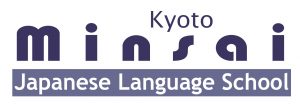 KYOTO MINSAI JAPANESE LANGUAGE SCHOOL
KYOTO MINSAI JAPANESE LANGUAGE SCHOOL
Address: 69 Nishikyogoku Kitaooiri-cho, Ukyo-ku, Kyoto-shi, Kyoto
Tel: 075-316-0190
Contact: office@kyotominsai.co.jp
Communica Institute
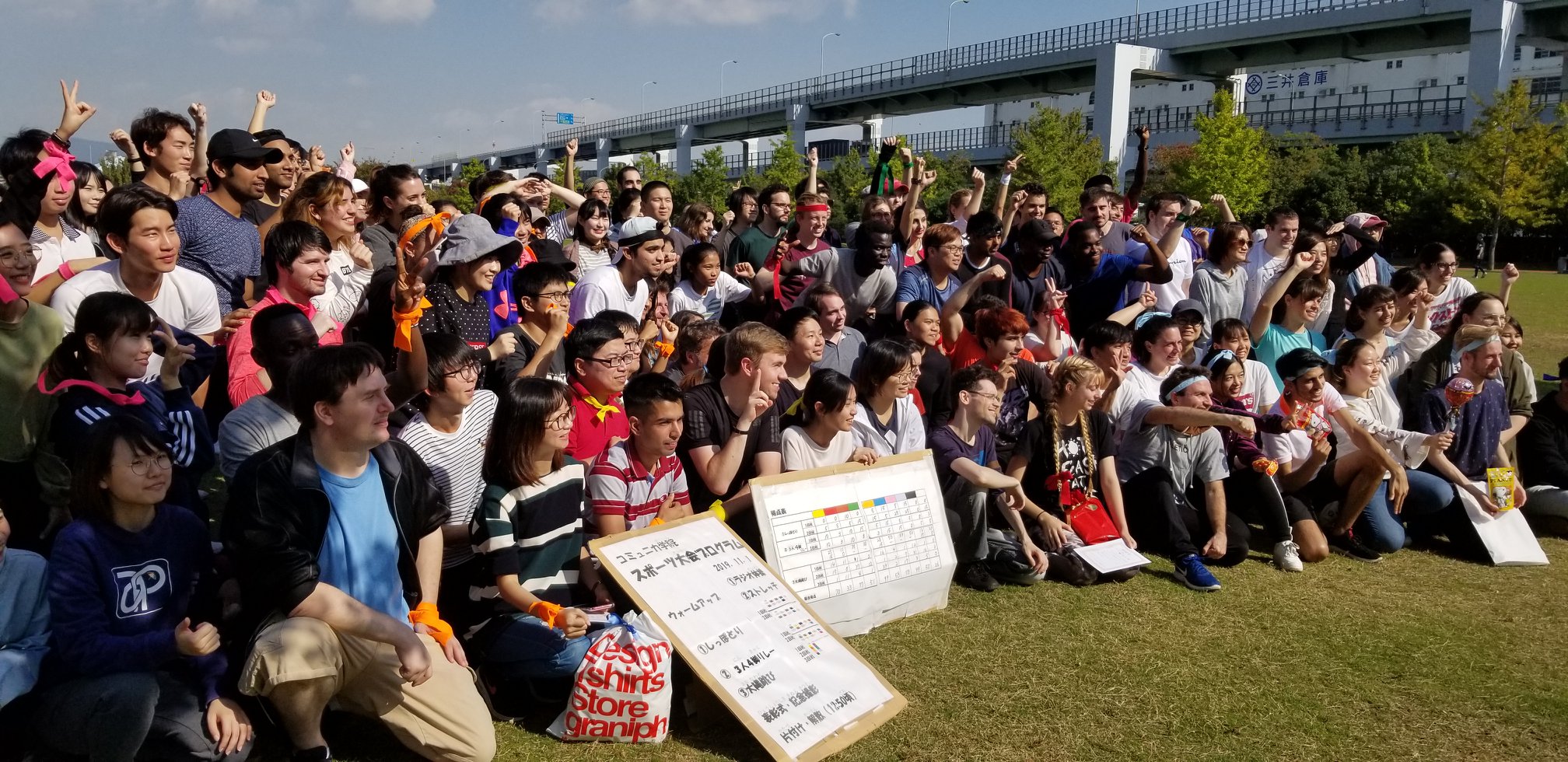 Description
Description
We practice Japanese language education as intercultural education. While our behavior and ways of thinking are greatly influenced by our own cultures, intercultural communication does not work when we stick to our own way of thinking. Usually, we are unaware of “culture,” value or way of thinking as something natural as air. At Communica Institute, we aim to be aware of it and to share it. Our aim is to build a foundation on which, while cherishing your own culture, students can get over its boundary, find a new way and build a third culture by synergy.
It is our mission to make a solid foundation on which students can transcend “cultures,” and create a new or third value while cherishing their own culture.
Features
- Learning with students from various countries and region
- Asia 42%: Taiwan, HongKong, Macau, Korea, China, Malaysia, Indonesia, Philippine, Viet Nam.
- Europe 34%: Italy, Spain, German, France, England, Switzerland, Norway, Portugal, Russia, Ukraine.
- South/North America 19%: U.S.A., Canada, Mexico, Peru, Brazil, Argentina.
- Others 5%: Australia, Newzealand, Egypt, Jordan, Turkey, Senegal, Nigeria.
- Enriched support for life and career
- Being able to select subjects according to your aim
- Being able to select the level that suits you for each subject
Curriculum
Classes are divided into 8 different levels from step 8 (elementary) to step 1 (advanced). Students proceed to the next level every 3 months after a term examination.
Our curriculum is truly flexible, accommodating all levels from elementary to advanced and various goals, from enjoying Japanese manga to working in Japan. A wide range of selective lessons are available that allow students to create their own lesson schedule. The purpose of this maximum flexibility is to develop learners’ autonomy.
Students select the lessons of their choice based on their needs and their level of each subject or skill, and make their own schedules. Selection is made online at the start of each term and determined after a week trial and occasional consultation with teachers if necessary.
Courses
【Long term/student VISA】
1. General Japanese/university and college preparation course (6-24 months)
2. Graduate School entry class (6/9months)
3. Basic (N3)/Practical (N2) Business Japanese course (6 months each)
【Short term/tourist, working holiday Visa】
4. Intensive course (1-3months)
5. Business Japanese/Business manner course (3 months)
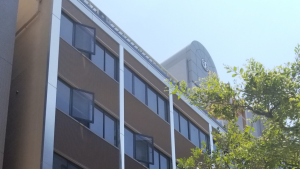
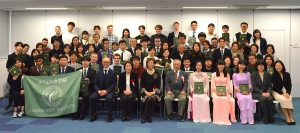

Communica Institute
Address: 116-2 Higashimachi, Chuo-ku, Kobe
Tel: 07-8333-7720
Contact: office@communica-institute.org
Hotsuma International Osaka School
Description
Our school has multinational students who are learning in collaboration with their classmates and have acquired the abilities to live in society. We also do active learning such as speeches and presentations. Furthermore, we distribute a Chromebook to all students to help improve their Japanese ability through information communication skills. We not only improve the level of Japanese, we also provide education that enables students to play an active role in society.
Features
Schools are located in Gifu, Tokyo, Osaka and Nagoya. Information is shared between schools and information is constantly exchanged. Each school has its own curriculum, and we are working hard every day.
Curriculum
First, they will study the basics with “みんなの日本語 (Minna no Nihongo).” After that, it will be a class to improve the level of “reading, writing, speaking and listening” for going on to school or getting a job.
Courses
Long-term course: There is a two-year course and a one-and-a-half year course.
Short-term course: There are lessons that use textbooks, as well as lessons that improve conversational skills.
After class, students can also go sightseeing and participate in various activities.
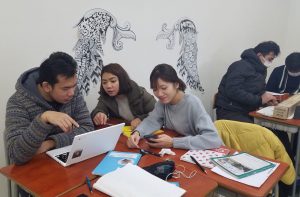
Hotsuma International Osaka School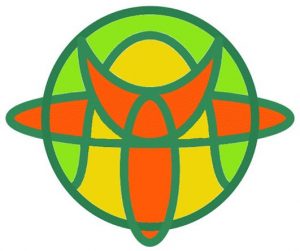
Address: 2-18-4, Koda, Tondabayashi-shi, Osaka
Tel: 072-169-7666
Contact: infojp@hotsuma-group.com


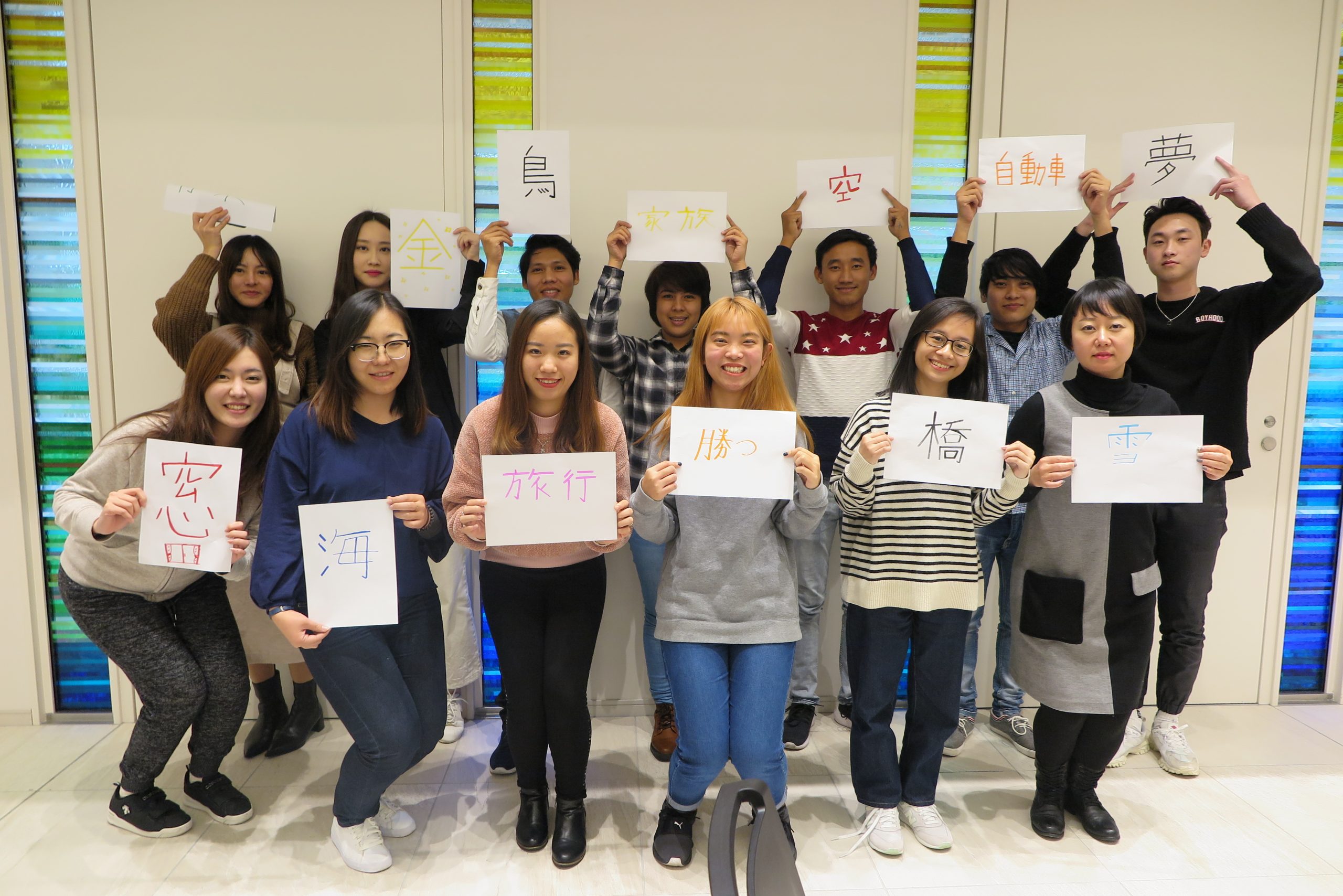



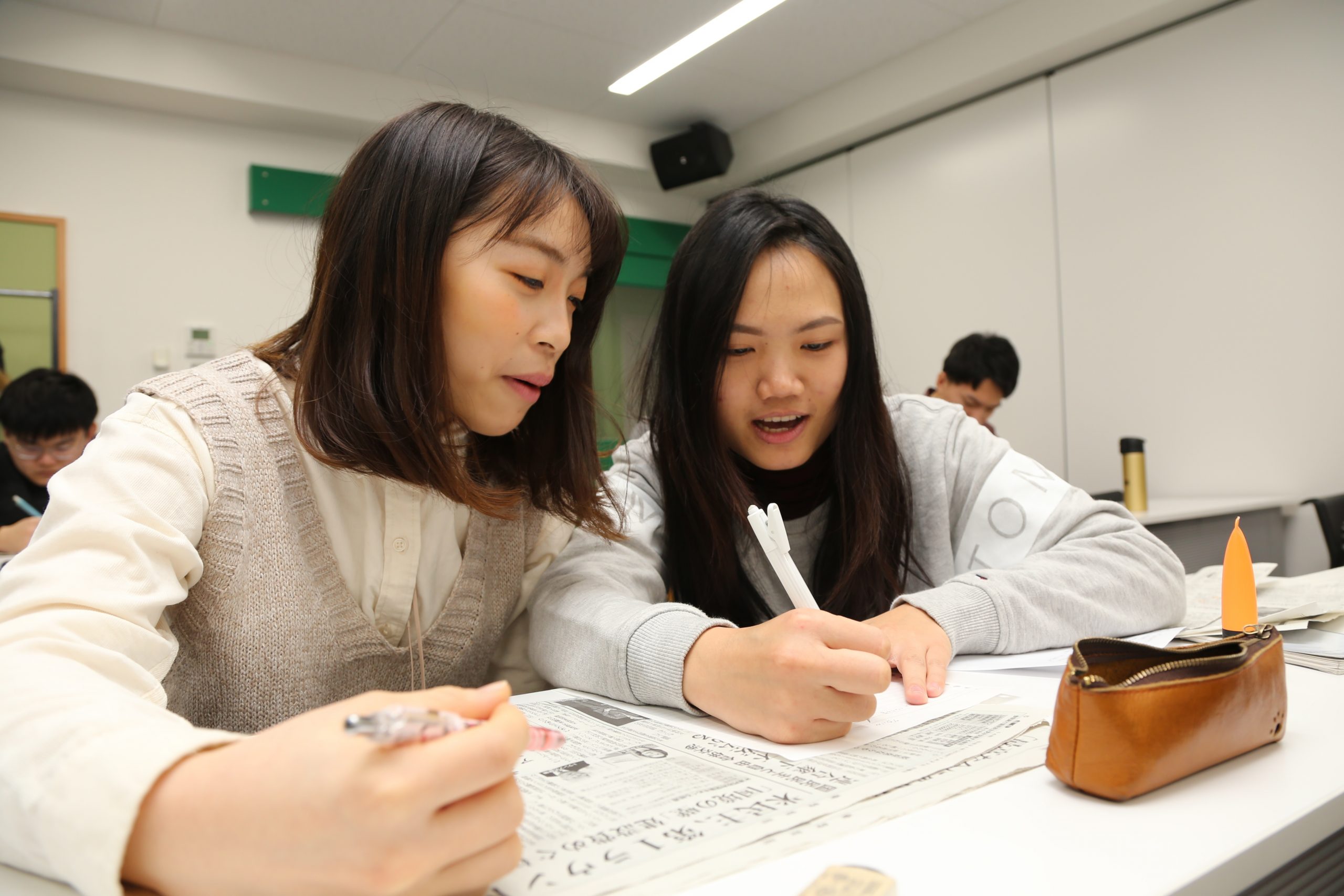
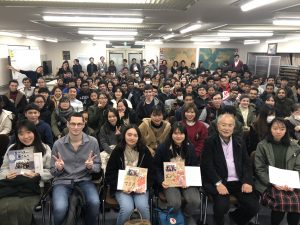
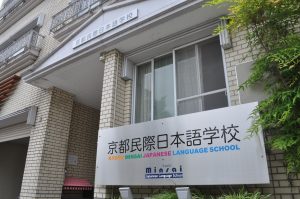
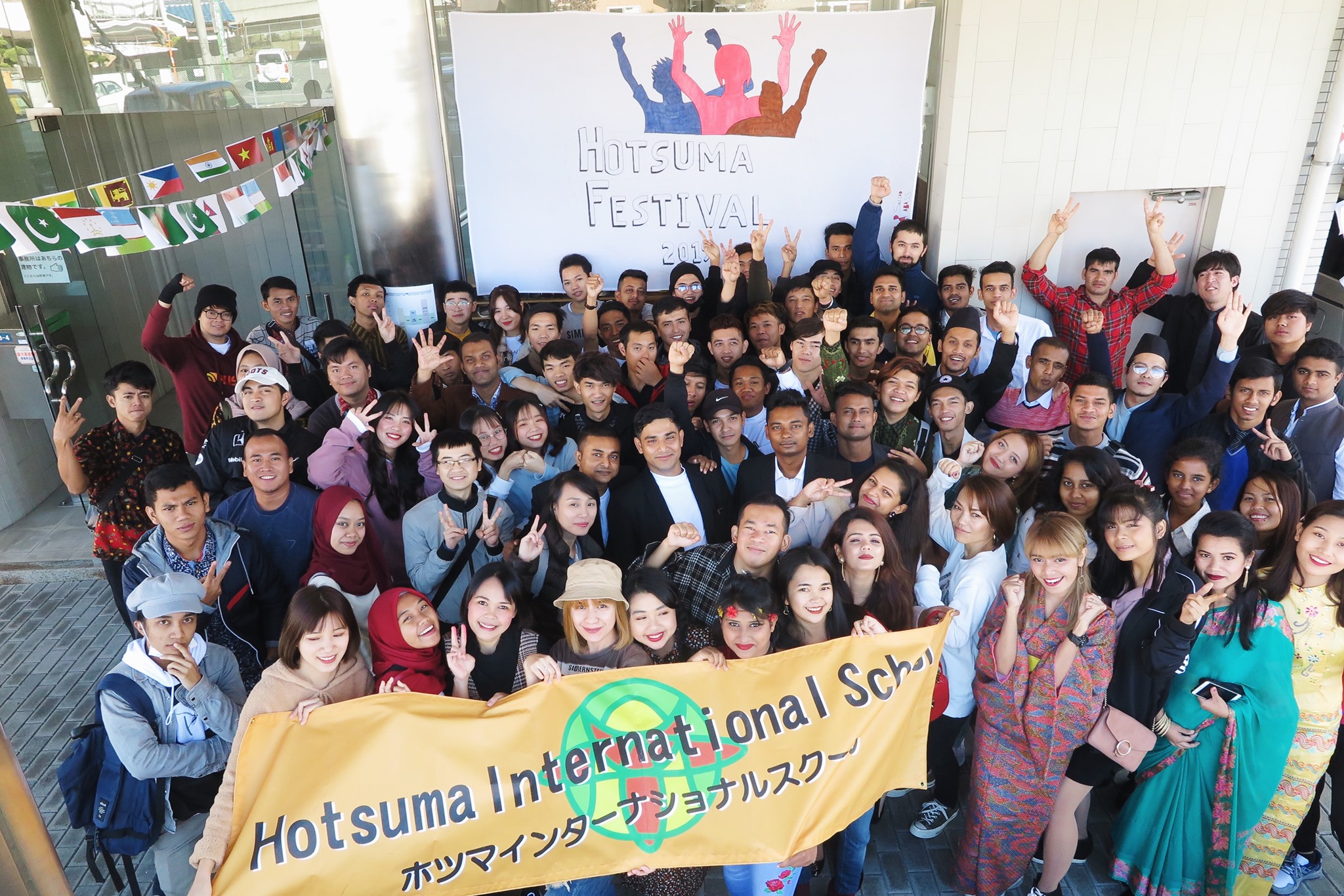
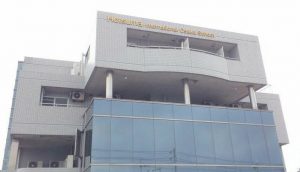

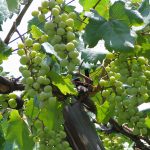
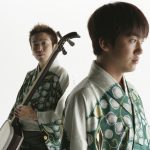
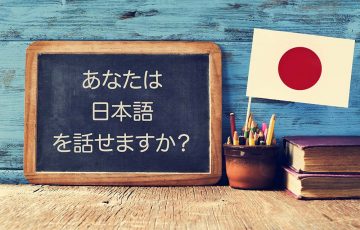
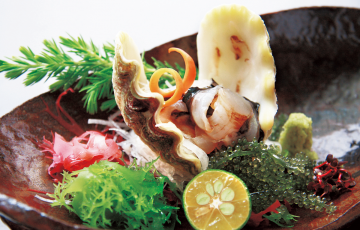

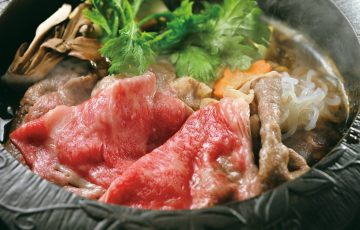


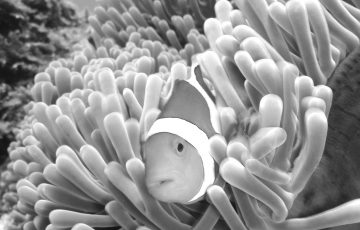



Recent Comments